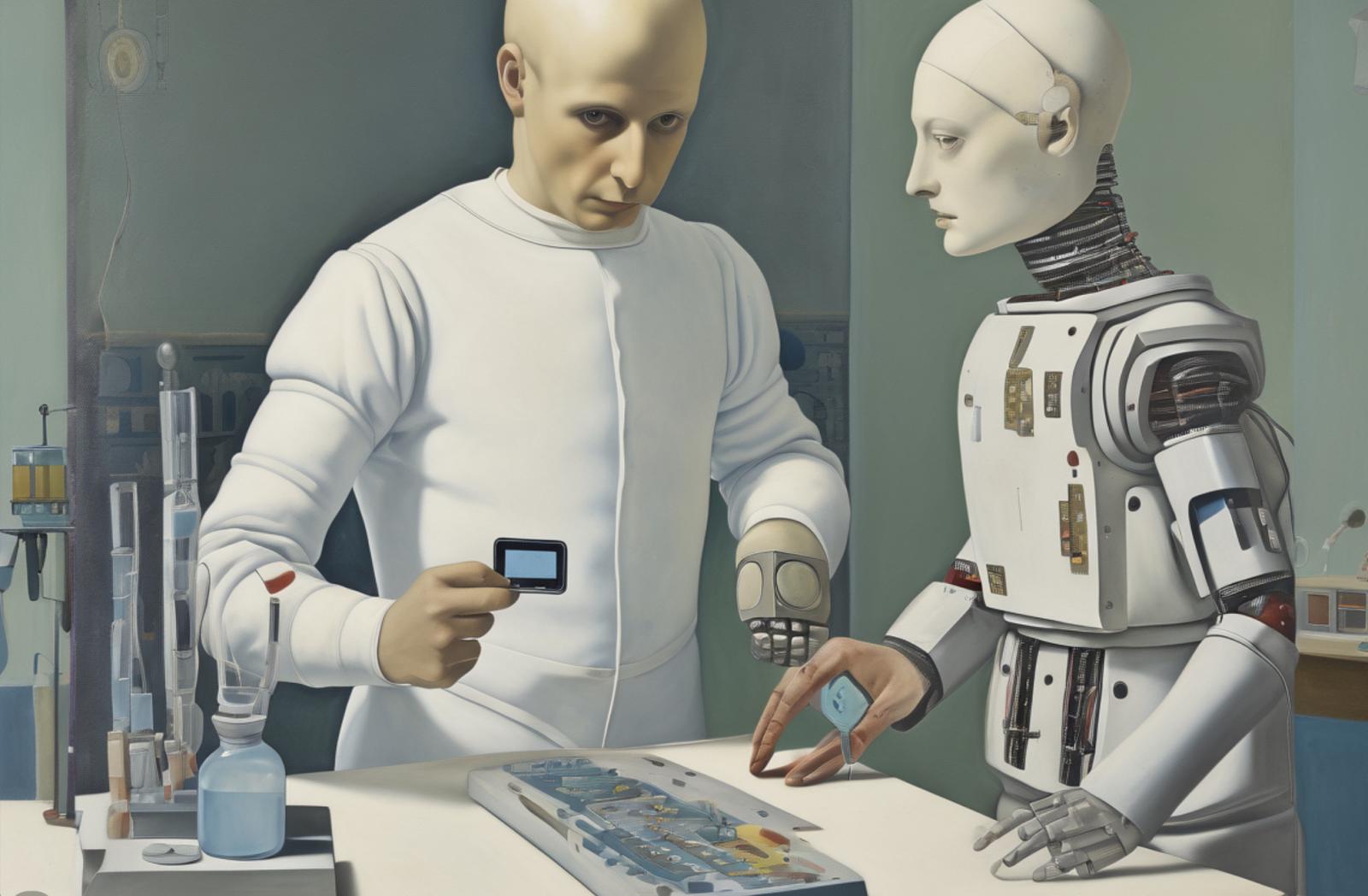The Jean-Claude Juncker's new Commission is taking shape. The first moves showed that the Barroso structure will be changed completely. This new course has invested the scientific policymaking, starting from the appointment of the new Commissioner on Science and Innovation. Rumors said that Juncker initially preferred a Portuguese woman, Maria Luis Albuquerque, Minister of Finance in Lisbon. But the Portuguese government wanted her to sit in a (at least apparently) top economic portfolio; so, after it became evident that it was not the position Albuquerque was looking for, Lisbon designated Carlos Moedas, a young technocrat who had an active role during the bailout of Portugal (ironically, “moedas” means “coins” in Portuguese). He is young, talented and serious, but some fears have arose after his nomination.
A banker
Carlos Moedas was born in 1970 in Beja, a city in the south of Portugal. His graduation in engineering is probably the solely point of contact between his career and science. After that, he worked for five years at the Suez Company, in France, and then obtained, in 2000, an MBA at the Harvard Business School. He went back in Europe, starting to work for Goldman & Sacks Bank in London, in the “merge and acquisition” branch, for four years and then he settled back in Portugal to create his own investment company. With the rising of the European debts crisis in 2008, he became coordinator of the economic research for the Portuguese Social Democratic Party (PSD, center-right), entering the team that negotiated with the Government the 2011 State budget. Since 2011, he was appointed Secretary of State: under this label, he was the one overseeing the ESAME, the agency who monitored the implementation of the structural reforms imposed by the Troika (European Commission, European Central Bank and International Monetary Fund). Proposed by the Portuguese Prime Minister in August 2014 (after the resignation of Albuquerque), he was finally accepted by Juncker in September. To complete his nomination he still need to be audited by the ITRE commission and then undergoes the vote of the European Parliament. If everything will be ok, he will be officially appointed as the new Commissioner of Research, Innovation and Science in November.
The new structure of the Commission
The Juncker's Commission has a completely new structure. The Commissioners are no more directly referring to the President, but have to report to some Vice-Presidents. These Vice-Presidencies have been designed as “project managers” who oversee many related issues (each given to a particular commissioner) and has the duty of coordinating and help these issues to interact each other. In other words, the Commission does not appear as a “horizontal” structure, with everyone in charge of his own issue, but it will be far more hierarchical and mixed. In the Mission Letter, sent by Juncker to Moedas, the role of the new Commissioner is clearly described: “I [want] several Commissioners working closely together as a team, led by the Vice-Presidents, in compositions that may change according to need and as new projects develop over time... You will, in particular, contribute to projects steered and coordinated by the Vice-President for Jobs, Growth, Investment and Competitiveness and the Vice-President for the Euro and Social Dialogue, as well as the Vice-President for the Digital Single Market and the Vice-President for Energy Union. For other initiatives requiring a decision from the Commission, you will, as a rule, liaise closely with the Vice-President for Jobs, Growth, Investment and Competitiveness.”
Some fears arose
The career of Moedas and his duties as the new Commissioner on Science and Innovation have created some doubts in the stakeholders. First of all, he never dealt with scientific policy making during his career, contrary to Maire Geoghegan-Quinn. But, mostly, doubts arose as Juncker, who during the elections has already explained his view about scientific policies, wrote in the Mission Letter: “I would like you to focus... more on applied research, with a greater participation of the private sector and a special focus on SMEs, in particular in Horizon 2020, with a view to reinforcing our industrial leadership and our capacity to address societal challenges”. This address could be the key-factor that lead Juncker to nominee a merge and acquisition banker, who probably may have less problems in cutting budget for basic research. Moreover, in the Letter, Juncker asked Moedas “to make sure that Commission proposals and activities are based on sound scientific evidence and contribute best to our jobs and growth agenda”: although Juncker still denies to take an official decision (he said before he want to set the entire Commission team), some analysts read this as the end of the great experience of the Chief Scientific Adviser to the European Commission.

